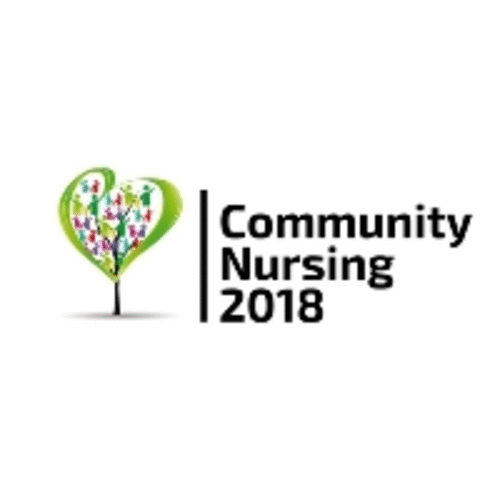
Phiwe Dauwa
Neonatal Intensive Care Unit, South Africa
Title: Child development: Globally improving the first 1000 days of each infant to increase future self-esteem, for optimal development and achieve an affluent economy
Biography
Biography: Phiwe Dauwa
Abstract
In the past, school nurses functioned solely just to care for the ill and injured child but, today their function is so much more. The increasing number of children in schools who are not functioning to their developmental milestones has now also, become an assessment that’s part of a school nurses function. Furthermore, she/he would also have to help the teacher create a more effective learning environment in accordance to the child’s developmental abilities.
A school nurse amongst other duties has to do a full physical assessment of each and every student at a school to ensure health eligibility to attend school. A physical assessment includes a plotting measurement of head circumference, length/height and weight on age and gender specific chart. Statistics according to the World Health Organization (WHO) are showing that large numbers of children are underdeveloped, at times exhibiting stunted growth that impairs their cognitive ability to learn at school and reach their developmental milestones.
According to statistics found by Statista on a 2017 worldwide demographic and health survey, 27% of children less than the age of 5 years old are stunted in their growth in South Africa. The percentages are even higher and higher in Asian, mid- African and parts of South American regions where there are prevalent inequality, underdevelopment and poverty issues.
The World Health Organization (WHO) defines stunted growth as “height for age” value to be less than two standard deviations of the WHO Child Growth Standards median. Primarily and diagnostically meaning, the infant clinically presents a low length or height according to his/her age. The consequences however, are far greater and deeper and extend further than the infant and for the care- givers they expand also into the larger community, nationally and at a global scale. Research and clinical experience has shown the developmental problems of stunting and its irreversible affects however, it is imperative for us to know it is preventable.
Us as Healthcare workers, as parents, as communities and nation- wide have a great duty and responsibly to our children. Children are the future, in fact it’s their right. We have to ensure that they are beings who can fully equipped in mind, health and physical strength to claim that which is theirs in the world.
The babies that are yet to be born and the babies we nurse are the leaders of tomorrow. It’s crucial to invest in their development and health. United Nations Children’s Fund (UNICEF) has conducted studies and research that show that the first 1000 days of an infant’s life are the most crucial to pay attention to, there is scientific guarantee of not just survival but, also a thriving later life. That means healthy relationships, good language skill development and economic productivity in the future.
The first 1000 days is defined as: the period from conception till 2 years of age. This period according to years of research by numerous neuroscientists, shows that during this delicate period an infant’s brain undergoes a great amount of change unlike later in adulthood. At birth all the neurons the brain could have ever produced are present; the brain double sizes in the first year and by 3 years -old its reached 80% of its adult volume.
It’s essential that in our health- care systems (pre- pregnancy, ante-natal, post-natal, neonatal, paediatrics and schools) to focus our attention to this space and install it with protocols of care that will protect, develop and manage a prosperous future for each infant.
The prosperous future for each infant is possible. Numerous research includes engaging in programmes to educate families on pregnancy planning, contraceptives and pregnancy spacing, nutritional support to pregnant mothers, placing neurodevelopment set ups in the Neonatal Intensive Critical Unit (NICU) hospitals i.e. dim lighting, Kangaroo Mother Care practices and incentives such as involving the greater community to support breastfeeding mothers i.e. mothers being able to breastfeed in all restaurants and expressing time at work. These amongst other practices and systems can aid to a healthy optimum start of the 1000 first days of an infant and can result to long term optimum healthy growth.

